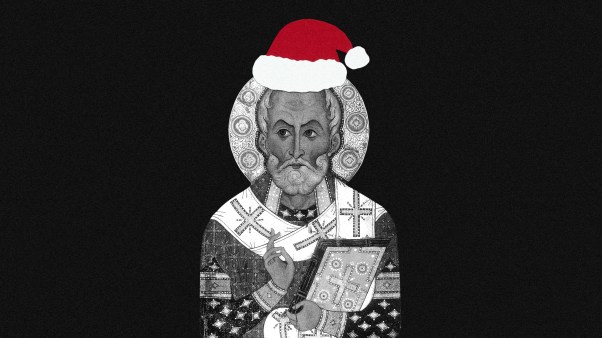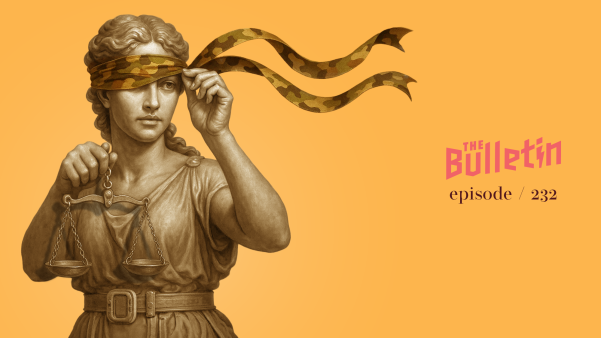In this series

“Quickly! Pleasantly! Thoroughly!…” called out Comenius to the frustrated teachers of his day. “Schools should not be places of torture, slaughter-houses of the mind!”
Is it possible to teach pleasantly, yet quickly and thoroughly at the same time? Most schools of that day could not have conceived of such an idea. Though not many in the 17th century heard this call for educational reform, today we consider Comenius the first modern educator. We are still trying to implement the basic principles that he set forth in his Great Didactic. For he laid he foundations for teaching according to Scripture and according to God’s “second book,” nature. The young child as God made him actively examine the world around him, using all his senses, eager to learn all he can. Too often in school he has been confined to memorization and meaningless words that dull his interest and initiative.
While educators through the century have tended to go either to the extreme of overemphasizing the disciplines of knowledge or the experience of the learner, Comenius kept these two essentials of teaching in balance. The schools of Comenius’s day furnished pupils with classical Latin verbiage, but did not train them to observe or to think. He lacked the advantage of psychological studies, but he drew analogies of growth from nature. (Scripture often compares spiritual growth with natural growth.) “Development comes from within,” Comenius observed from watching the processes of nature. “Nature compels nothing to advance that is not driven forward by its own mature strength.” He proceeded to work with the processes of nature rather than against them. Teachers and books may help or hinder growth, but the learner must do his own growing. “Outward ceremonies without inward truth are an abomination to God,” said Comenius.
If a child is to engage in valuable learning activities, he must have a desire to learn, intrinsic interest, and attention rather than artificial incentives. His whole person must be enlisted. His native curiosity will be directed into constructive channels rather than repressed. Why isn’t he encouraged to discover what he can for himself? The classroom can breathe an inductive spirit. Then things and examples would precede pleasantly from the concrete to the abstract, from the easy to the difficult, from the near to the remote. On the foundation of the pupils’ firsthand experience, teaching would be imparting and guiding rather than storing the memory, as had been the custom.
Essential knowledge is provided for the learner when he is ready for it, when he sees the need for it, when he can use it for gaining his goals. So the place of teacher and content is not minimized. Comenius’s goals of piety, morality and knowledge could not be attained by unguided self-expression. The learner continually needs :new facts and insights to interpret his daily ’experiences and to lead to advanced problems and solutions.
Comenius also sensed the significance of individual differences and individual needs. When he was a student. individual recitation had been the order of the day. Each pupil had to wait his turn to recite to the teacher. “This is a waste of time,” thought Comenius as he developed a truly democratic class spirit that was not much appreciated in his day of power politics. “Pupils can work in a group without losing their individuality.” In a group they could not only learn new truth, but also practice the character traits of self-control and concern for the other fellow, rather than simply be exposed to a superficial veneer of morality. Comenius graded the school into four levels, and wrote Latin texts for these levels. He felt that if pupils learned their lessons more quickly and easily, the time saved could be utilized to give a thorough grounding in morality and religion.
It was Comenius who popularized the picture book for educational purposes, who wrote the first textbook to employ pictures as a teaching device. Whenever he could not bring into the classroom the actual object that was to be the subject of discussion, he used pictures, charts, diagrams, maps and models.
What revolutionary ideas! Universal compulsory education for the youth of both sexes! Teaching all things to all people—a truly liberal concept that would broaden perspectives after a narrow Latin curriculum! For the present and for the future life! All this was not just theory, for Comenius practiced it himself in Moravia and in Poland. Today we are still trying to train “teachers to teach less so that learners may learn more.”
Dr. Lebar is professor emerita of Christian education at Wheaton College, Wheaton, IL, where she taught 1945-1975. Along with her twin sister, Mary, she was a pioneer of modern C.E. practices. Her book, Education That is Christian, is a popular college text
Copyright © 1987 by the author or Christianity Today/Christian History magazine.Click here for reprint information on Christian History.










